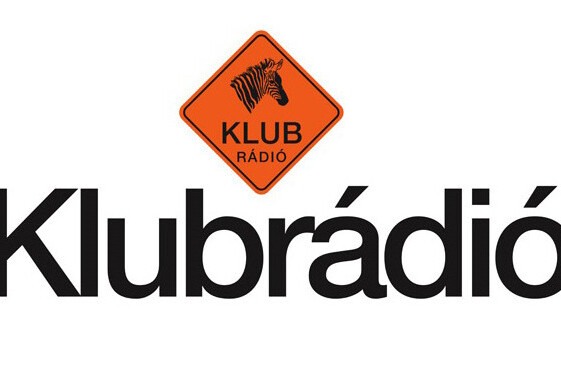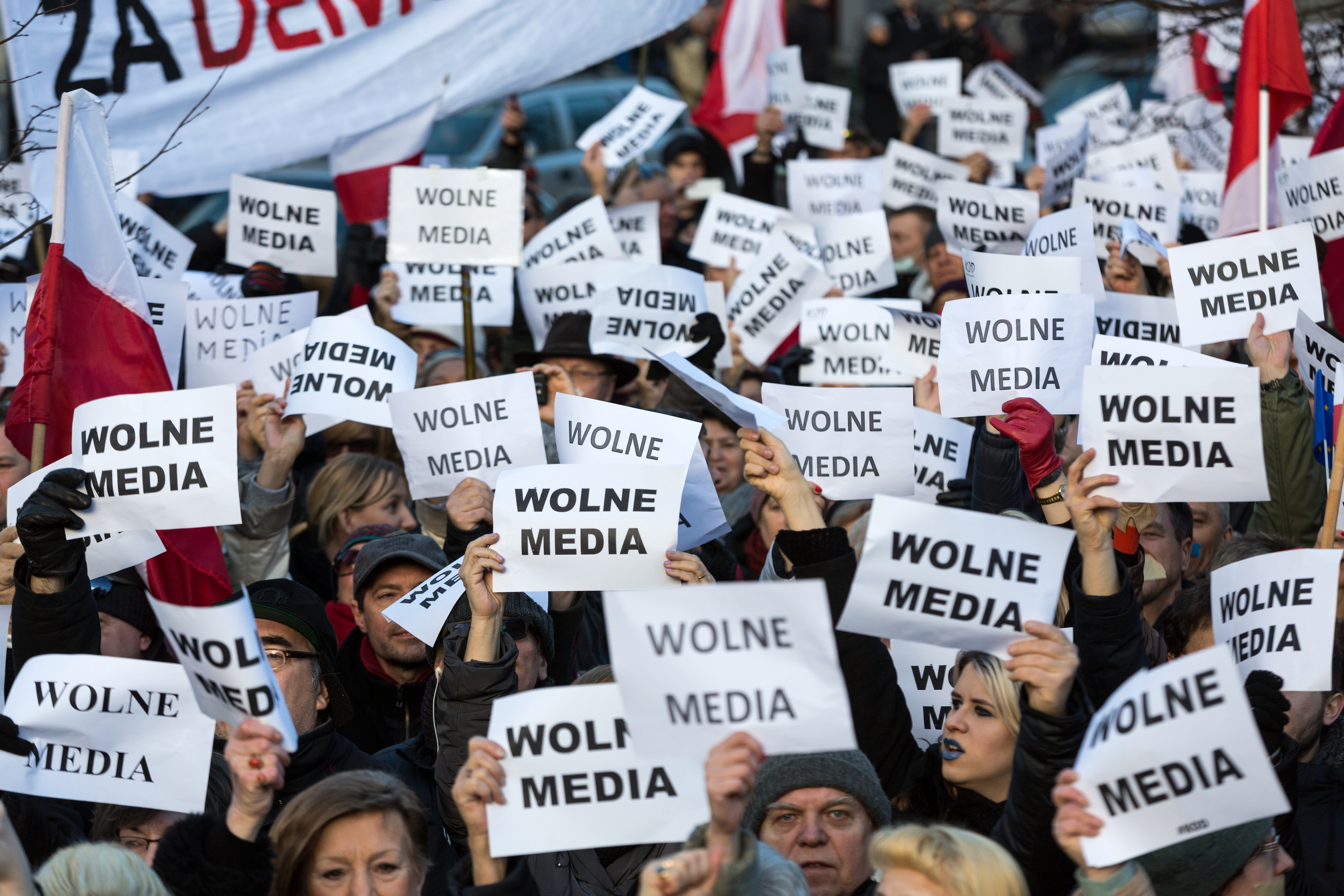Changes to the public broadcaster’s supervisory body sparks concern about the future of its independence.
Last week, twelve candidates were shortlisted by the Czech parliament’s election committee for the Czech Television (ČT) Council, the supervisory body responsible for overseeing the broadcaster’s budget, appointing its director-general and controlling the organisation’s activities. Now, ahead of a final vote to select four members next month, there are grave concerns that the political affiliations of the candidates, who are known critics of Director-General Petr Dvořák and ČT’s management, may undermine the independence of the public broadcaster.
Yesterday, members of Media Freedom Rapid Response (MFRR) sent a letter to the Czech Parliament, highlighting their concerns about the politicisation of the ČT Council, including the firing of the whole supervisory board in November 2020 and ongoing pressure to dismiss DG Petr Dvořák. The partner organisations also referred to the pre-selection process last year, stating that ‘These changed the body’s composition to the point where it can no longer be considered impartial or representative of significant regional, political, social and cultural currents of opinion, as legally mandated.’
A report published by the Ethical Journalism Network last month, which investigated the challenges facing the media in the Czech Republic, found that the ownership of news outlets by wealthy businessmen and politicians, including prime minister Andrej Babiš, has had a ‘chilling effect on journalism in the country.’ Despite the public broadcaster being among the country’s most trusted media outlets, the report reveals that there has been an overall decline in credibility and public trust in the media, and a decline in press freedom rankings in recent years.
The blurring of lines between business, politics, and independent media threatens the very core of our democracies, making it more difficult for citizens to have access to credible sources of news and information that is free from financial or political interests. Changes to Czech Television’s supervisory body take place ahead of the country’s general election in October, adding to concerns about political motivations.
Elsewhere in the region
The media landscape across other parts of Central and Eastern Europe is becoming increasingly bleak.
Earlier this month, members of the European Parliament (MEPs) voiced concerns about the erosion of media freedom in Hungary, Poland and Slovenia. The day after, Hungary’s media regulator rejected the application of independent radio station Klubradio to regain its broadcasting frequency.
Politicians in Poland are still debating a proposed advertising tax, which could have a debilitating impact on media pluralism if independent news outlets – already experiencing financial difficulties from the COVID-19 pandemic – are forced to shut down.
In Slovenia, media watchdogs continue to monitor the hostile environment facing journalists. There is particular concern regarding the independence and funding of the national press agency (STA) and online attacks against journalists, including those working for public broadcaster RTV SLO, from authorities like President Janša .
MEPs and press freedom organisations are calling on the European Commission to take more robust action against clampdowns on free and independent media in the region.
Header Image: Ceska televize public television broadcaster company logo on the headquarters building on March 9, 2018 in Prague, Czech Republic. Credit: josefkubes/iStock
Related Posts
22nd February 2021
Poland: Advertising tax poses existential threats to independent media
A proposed tax on advertising revenue…
3rd July 2019
Threats to media independence continue across Central Europe
“Backslide”. This seems to be the word…



